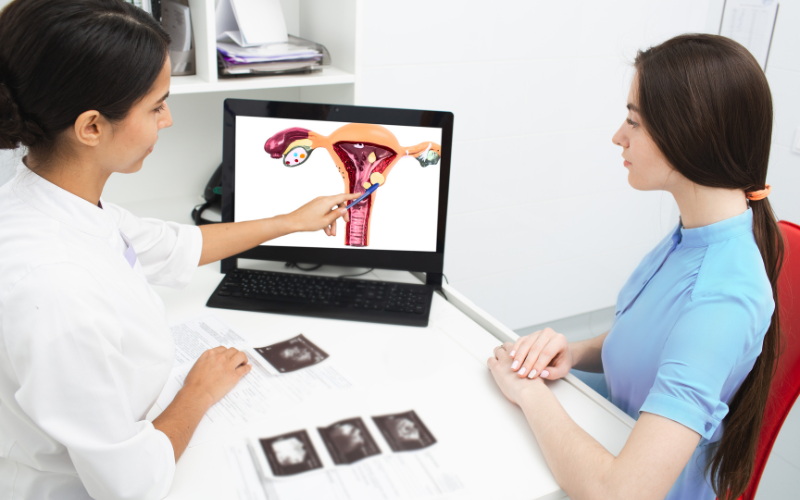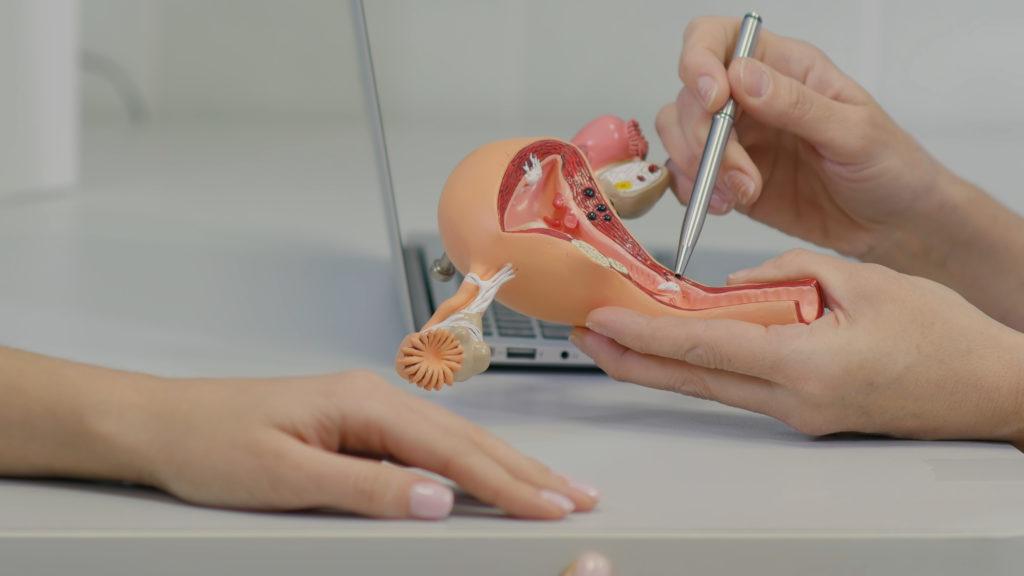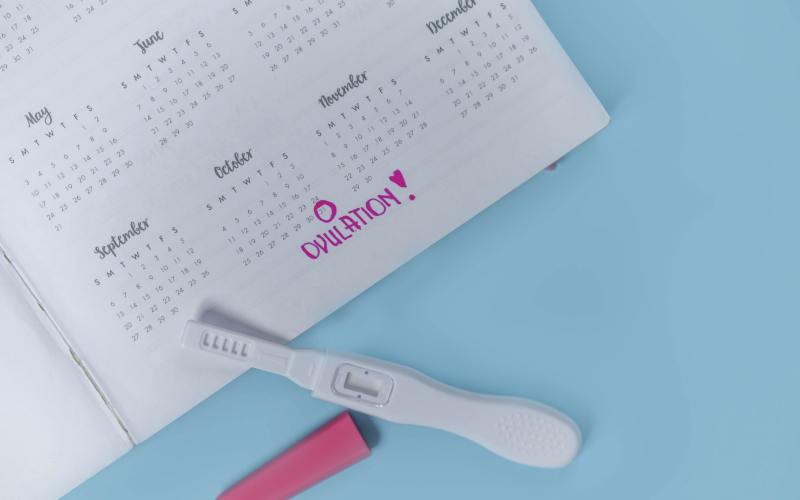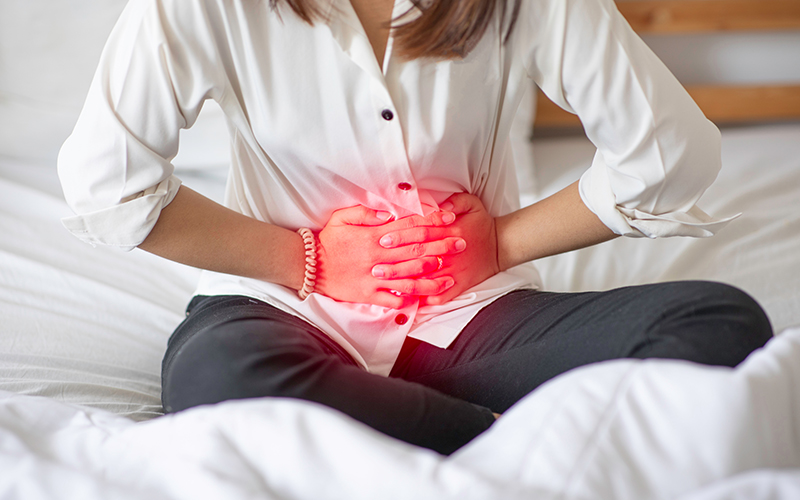Author – Dr. Manju Gupta MBBS, MS
Consultant – Obstetrician & Gynaecologist at Motherhood Hospital Noida
What is medical termination of pregnancy (MTP) in India?
Medical termination of pregnancy (MTP) is a safe and non-surgical procedure for ending a pregnancy using medication. MTP can be performed up to 10 weeks of gestation and is a safe and effective alternative to surgical abortion.
Legal Framework for MTP in India
The MTP Act of 1971 allows for the termination of pregnancy in India under certain circumstances. According to the MTP Act, pregnancy can be terminated if:
- The pregnancy poses a risk to the life of the woman.
- The pregnancy is likely to cause grave injury to the physical or mental health of the woman.
- The pregnancy is a result of rape or incest.
- The fetus has a substantial risk of having serious physical or mental abnormalities.
Factors to Consider Before Undergoing MTP
Before undergoing an MTP, it is important to consider various factors that may impact the decision. These may include:
- Personal beliefs and values
- Current health and medical conditions
- Support from family and friends
- Access to safe and legal MTP services
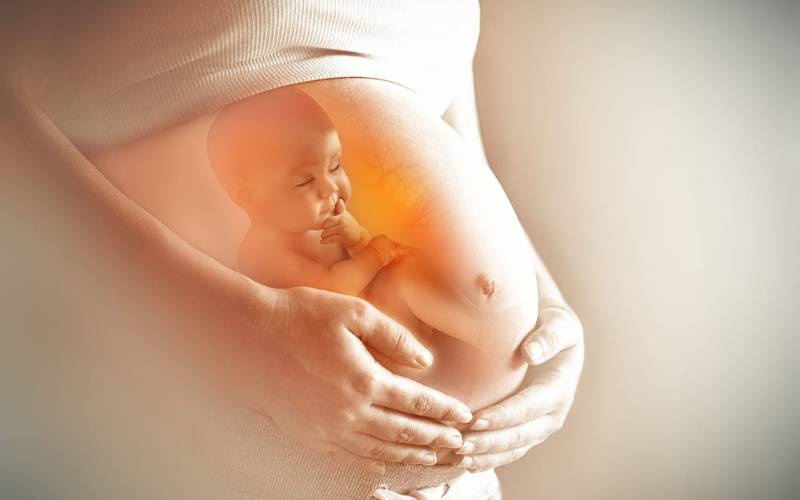
Available Methods for MTP and Their Comparison
There are various methods for MTP, and the choice of method will depend on various factors such as gestational age, personal preference, and medical conditions. The most common methods of MTP in India include:
- Medical abortion: This involves taking a combination of medications to end a pregnancy.
- Surgical abortion:This involves a minor procedure to remove the pregnancy tissue.
Process Of MTP In India
The process for MTP involves a consultation with a healthcare professional to discuss your medical history, any potential risks and complications, and the available options for MTP. If you choose to proceed with MTP, you will receive medication to take at the hospital or at home, depending on the type of MTP you have chosen. After taking the medication, you may experience some discomfort or side effects, such as cramping, nausea, or bleeding. A follow-up appointment will be scheduled to monitor your progress and ensure a safe and successful termination of pregnancy.
What Is the MTP Kit & How Can It Be Used?
The MTP Kit is a non-surgical option for ending a pregnancy, and it involves taking a combination of medications. In India, an MTP kit is a combination of two drugs, mifepristone, and misoprostol, which work together to end a pregnancy. Mifepristone is taken first and works by blocking the hormone progesterone, which is necessary for a pregnancy to continue. Misoprostol is taken 24-48 hours later and causes the uterus to contract, expelling the pregnancy tissue. Medical abortion is generally considered safe and effective, and it can be performed up to 10 weeks of gestation. However, it is important to seek the advice of a qualified healthcare provider and to follow their instructions carefully to ensure a safe and successful medical abortion.
Risks and Complications Associated with MTP
As with any medical procedure, MTP may have associated risks and complications. These may include:
- Heavy bleeding
- Pain and cramping
- Infection
- Reaction to anesthesia
- Difficulty in becoming pregnant in the future.
Emotional and Mental Health Aspects of MTP
Undergoing an MTP can be an emotionally and mentally challenging experience for many women. It is important to seek support from family, friends, or a mental health professional if needed.
Motherhood India hospital is a leading healthcare provider in India that offers comprehensive services for medical termination of pregnancy (MTP). The hospital has a team of experienced and qualified healthcare professionals who provide personalized and compassionate care for women undergoing MTP. The hospital offers both medical and surgical options for MTP and uses the latest medical technologies and procedures to ensure safe and effective termination of pregnancy. The hospital also provides counseling and support services for women and their families during and after the MTP procedure. With a commitment to providing high-quality care and a supportive environment, Motherhood India hospital is an excellent choice for women seeking MTP services in India.
Options for Post-MTP Care and Recovery
After an MTP, it is important to take care of oneself to ensure a smooth and safe recovery. This may include:
- Taking pain medication as directed
- Avoiding strenuous activities
- Following a healthy diet
- Seeking medical attention if symptoms worsen
In conclusion, medical termination of pregnancy is a sensitive and personal decision that must be made with careful consideration and access to accurate information. Women in India have the right to access safe and legal MTP services under the Medical Termination of Pregnancy Act of 1971. It is important to understand the legal framework and options available, as well as the potential risks and complications associated with MTP. Additionally, taking care of oneself both physically and emotionally during and after the procedure is crucial for a smooth recovery.
FAQ’s
How effective is MTP?
Medical termination of pregnancy (MTP) is generally considered safe and effective, with a success rate of over 95% when performed up to 10 weeks of gestation. However, the effectiveness of MTP can vary based on factors such as the gestational age of the pregnancy, the health of the woman, and the type of MTP chosen. For more information, you can contact Motherhood India Hospitals on 𝟭𝟴𝟬𝟬 𝟭𝟬𝟴 𝟴𝟬𝟬𝟴 or book an appointment by going here.
What are the potential risks and complications of MTP?
As with any medical procedure, there are potential risks and complications associated with MTP. Some common risks include heavy bleeding, infection, incomplete termination of pregnancy, and an adverse reaction to the medication. However, these risks can be minimized by seeking care from a qualified healthcare provider and following their instructions carefully.
Can I have children after MTP?
Yes, most women are able to have children after MTP. Medical termination of pregnancy (MTP) does not affect a woman’s ability to conceive and have children in the future. However, it is important to discuss any concerns with a qualified gynecologists and to follow their recommendations for post-MTP care and recovery.
At Motherhood Hospitals, we have a team of experienced super specialists backed by the latest in infrastructure and facilities. We have the best Gynaecologist specialists in Sector 48, Noida. We are experts in handling complex deliveries, gynaecological, and other surgeries including a range of laparoscopic surgeries. Do take an appointment with the best Gynaecology hospital in Sector 48, Noida at a centre closest to you. Meet with our doctors who will carry out the required investigations, diagnose the issue and recommend the most appropriate treatment, enabling you to lead an active life.
If you wish to get in touch with Dr. Manju Gupta, please book your appointment here.


 Toll Free Number
Toll Free Number








